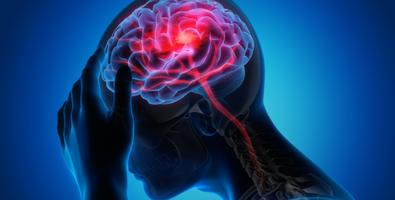- Read morePulmonology, Interventional Pulmonology and Sleep MedicineApr 20, 2024
Dealing with Pulmonary Fibrosis: Insights into Causes, Symptoms, and…
- Read morePulmonology, Interventional Pulmonology and Sleep MedicineMar 13, 2024
Breathless No More: Lifestyle Changes to Improve Breathing and…
- Read moreHeart and Lung TransplantApr 17, 2024
Navigating the Stages of Interstitial Lung Disease: From Diagnosis…
- Read moreHeart and Lung TransplantMar 18, 2024
Understanding the Symptoms of Interstitial Lung Disease: What You…
- Read moreHepatologyApr 01, 2024
Understanding Non-Alcoholic Fatty Liver Disease: Causes, Symptoms,…
- Read moreNeurologyJan 17, 2024
Navigating Parkinson's Disease: Symptoms, Causes, and Treatment

L.B. Nagar,
HyderabadLakdi-Ka-Pul,
HyderabadParel,
MumbaiKengeri,
BengaluruPerumbakkam – Sholinganallur,
Chennai
All Locations

L.B. Nagar,
HyderabadLakdi-Ka-Pul,
HyderabadParel,
MumbaiKengeri,
BengaluruPerumbakkam – Sholinganallur,
Chennai












